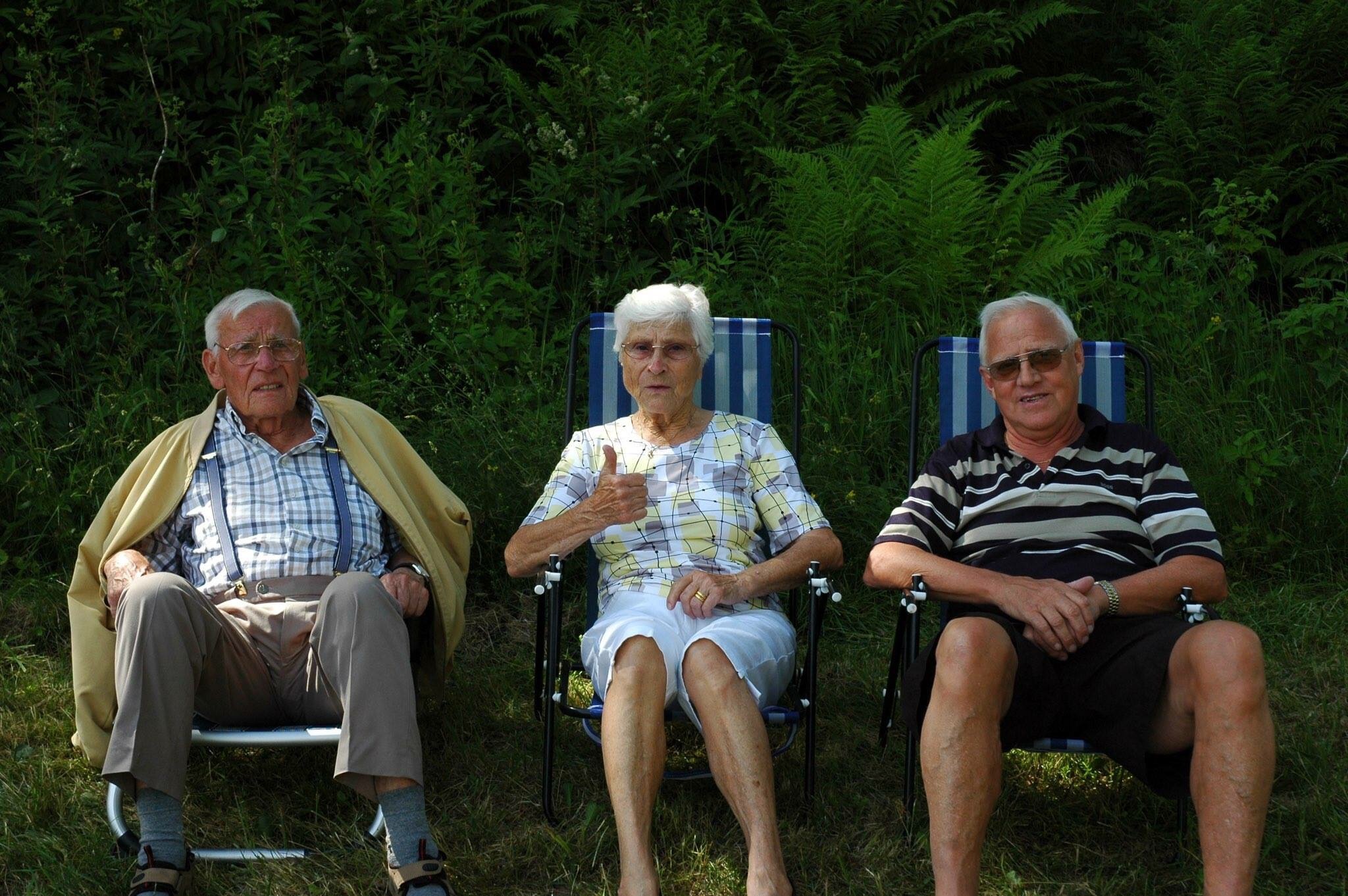Communal pondering
Ett uttryck som jag har vänt och vridit på ett tag. Jag gillar tanken att vi behöver ge oss tid att ha dessa funderingar, och jag gillar även att göra dem tillsammans. Att de måste vara gemensamma – eller identiska oss emellan – är inte lika viktigt. Viktigare att vi ger oss utrymme att fundera gemensamt och acceptera alla olikheter i funderingarna.
Och för mig hänger det ihop med några delar från en bok jag läst: Sitting in the Fire. En metod som boken beskriver är “Worldwork” och min tolkning av vad det är och kan vara är just att den innehåller en del som är en gemensam fundering. Författaren (Arnold Mindell) skriver så här:
The new worldwork paradigm offers us a number of fresh perspectives:
- Chaos: In worldwork, conflict and moments of chaos are valued within group process because these can quickly create a sense of community and a lasting organization.
- Learning: Worldwork expects conflict to be our most exciting teacher
- Open heart: Worldwork relies on hurtfulness in order to sit in the fire´s heat to create community.
- Self-knowledge: Worldwork stresses recognition that we ourselves are part of every conflict around us. Worldwork utilizes self-awareness skills to become part of the solution.
- The Unknown: Worldwork acknowledges that sustainable community has always been based on respect for the unknown.
- Worldwork – the politics of awareness. It is not only about solving problems, but especially about community awareness.
För att klara av att arbeta med metoden “Worldwork” så krävs information och medvetenhet, men framförallt behöver de som arbetar med metoden “meta-kompetenser”. De är ovärderliga menar Arnold. Att hela ditt arbetes framgång inte vilar på vad du vet eller gör, utan HUR du gör det. Och om du vet VARFÖR du gör det du gör – då är du inte heller osäker på HUR.
Och här var det som min fundering kring gemensamma funderingar kommer in också. Att det är en “meta-kompetens” likaså. Som behövs för att veta när det är läge att fundera tillsammans och att våga ta sig den tiden till att fundera tillsammans. För när du arbetar med metoden “Worldwork” så är ditt intresse för andra människor och att du känner medkänsla med andra människor helt enkelt avgörande. Om du inte känner detta så har du nog inte ens tänkt på att arbeta med detta. Och i att vara i gemensamma funderingar är ett sätt att lyssna och ta in alla människor runt dig.
Du bryr dig om vem andra människor är och vad som sker i deras liv.
Du har då säkert utvecklat dig till nästa “steg” på din utvecklingsstege i ditt ledarskap. Till en nivå som kan benämnas som att du är “en Äldre” (an Elder).
Tänk dig Yoda och alla de andra äldre mästarna – är du kanske en Jedi?


0 Comments